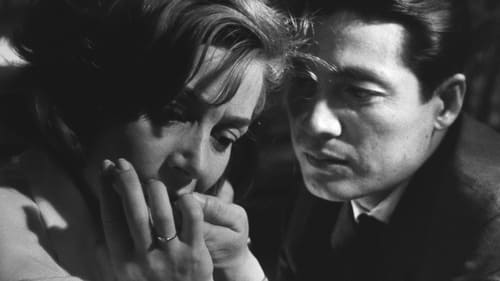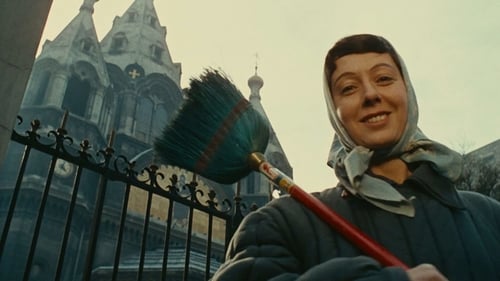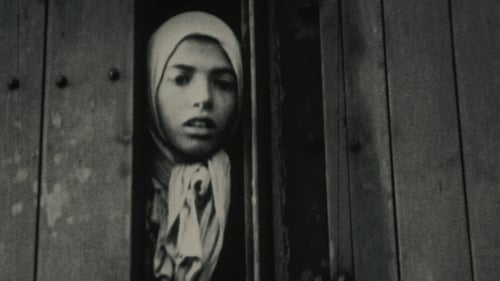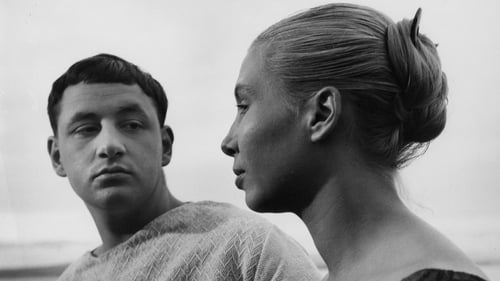
Editor
The deep conversation between a Japanese architect and a French actress forms the basis of this celebrated French film, considered one of the vanguard productions of the French New Wave. Set in Hiroshima after the end of World War II, the couple -- lovers turned friends -- recount, over many hours, previous romances and life experiences. The two intertwine their stories about the past with pondering the devastation wrought by the atomic bomb dropped on the city.

Editor
One of Chris Marker's earliest documentaries (1957) and probably one of his best, the hour-long Letter From Siberia mixes new and found footage with inventive commentary, and is especially memorable for a passage in which footage is repeated while the offscreen commentary transforms its meaning with a different ideological interpretation. It is perhaps the earliest example we have of Marker's inimitable essayistic manner, hence an indispensable work.

Editor
A documentary film about occupational diseases shot in 1957 at the Francolor factory in Oissel. It takes the form of a scientific investigation to discover the origin of a mysterious illness that has infected a worker at the factory.

Assistant Editor
Filmmaker Alain Resnais documents the atrocities behind the walls of Hitler's concentration camps.

Assistant Editor
A penetrating study of a marriage on the rocks, set against the backdrop of a small Mediterranean fishing village. Both a stylized depiction of the complicated relationship between a married couple and a documentary-like look at the daily struggles of the inhabitants of Sète in the South of France.

Editor
Toute la mémoire du monde is a documentary about the Bibliothèque Nationale in Paris. It presents the building, with its processes of cataloguing and preserving all sorts of printed material, as both a monument of cultural memory and as a monstrous, alien being.




